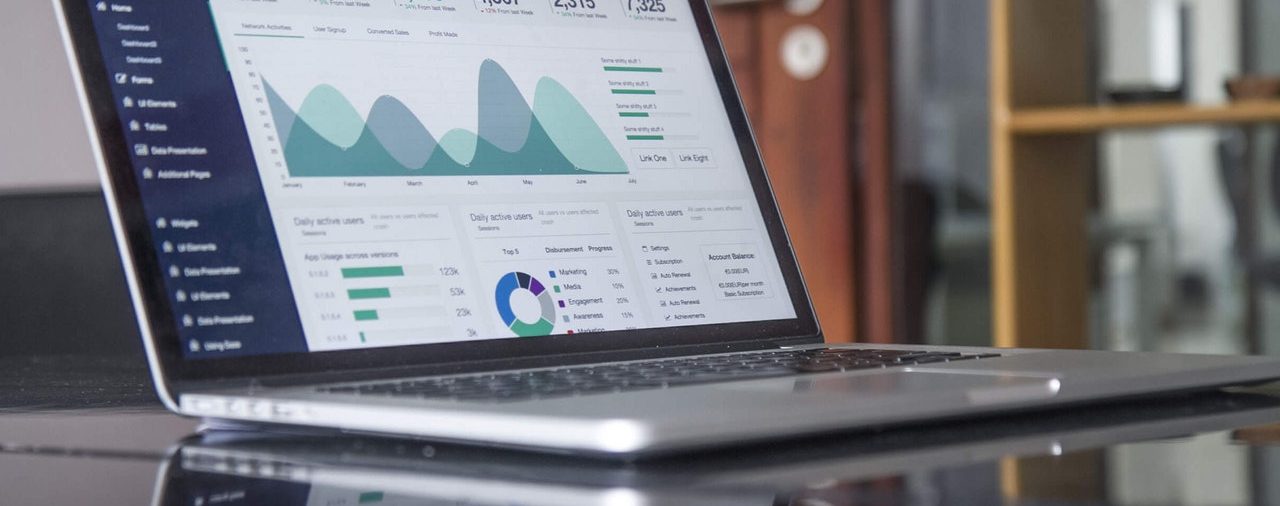Accounting is the most important instrument for measuring the performance of companies and it will remain that way in the future. Despite that, we often see accounting systems that contain a number of weaknesses that severely limit benefits that they can bring.
In Grinex, we fight against the weaknesses of accounting systems. We follow three basic principles. All of them increase the quality of accounting information that is prepared by us.
- Accounting system must be tailored to the needs of the client.
- Accounting system must use automation and accounting information must be always available.
- Accounting information and accounting documents must be prepared as quickly as possible.
Each of these ideas deserves a more detailed explanation.
Accounting system must be tailored to the needs of the client
Our approach is based on the idea that the accounting system must bring added value primarily to the client. This can only be achieved by precisely understanding the client’s business and setting up the system so that it can solve all its potential problems. In order for the accounting system to be truly capable of achieving that, it is necessary to set aside the accounting rules required by the state and build the system from the beginning in a different way. Accounting rules are, at least in the Czech Republic, primarily set to ensure tax collection. Being beneficial to the business is not their primary concern.
Each client has specific needs and the way of presentation of accounting information must correspond to those needs. The statutory financial statements are inadequate and their usability when managing the company is minimal.
We, therefore, create customized dynamic reports for our clients that allow them to display the required information in a few clicks. The accounting system contains a high degree of detail that can be conveniently displayed in our reports.
Accounting system must use automation and accounting information must be always available
The accounting system must be able to process large volumes of data that can be used to perform detailed business analytics. However, this is not possible without automation of accounting processes because it is not possible to manually enter data into the system with the desired level of detail. The accounting system has to be seen in the context of the company and it must be able to interact with other company systems in order to deliver a comprehensive overview of its performance.
Once these requirements have been fulfilled, the client may receive reports such as:
- margin per product/client/department,
- detailed breakdown of sales,
- customer profitability analysis,
- cash flow predictions,
- what-if analysis.
The client can access our accounting systems at any time because we rely on cloud solutions and our accounting systems are accessible online. As a result, the client does not have to rely on receiving printed reports but he or she can then view the accounting information whenever he or she wants.
Accounting information and accounting documents must be prepared as quickly as possible.
Ordinary statutory financial statements contain information that is more than one year old at the time of publication of the statement. The value of such information is close to zero.
Accounting information must be delivered to the client as soon as possible and as detailed as possible. We consider the month to be the longest acceptable frequency of updating accounting documents. Information must be current. Reliance on automated systems allows us to display accounting information to the clients on a daily or even shorter basis.
If you would like to know how we can improve the accounting system in your company, do not hesitate to contact us.

